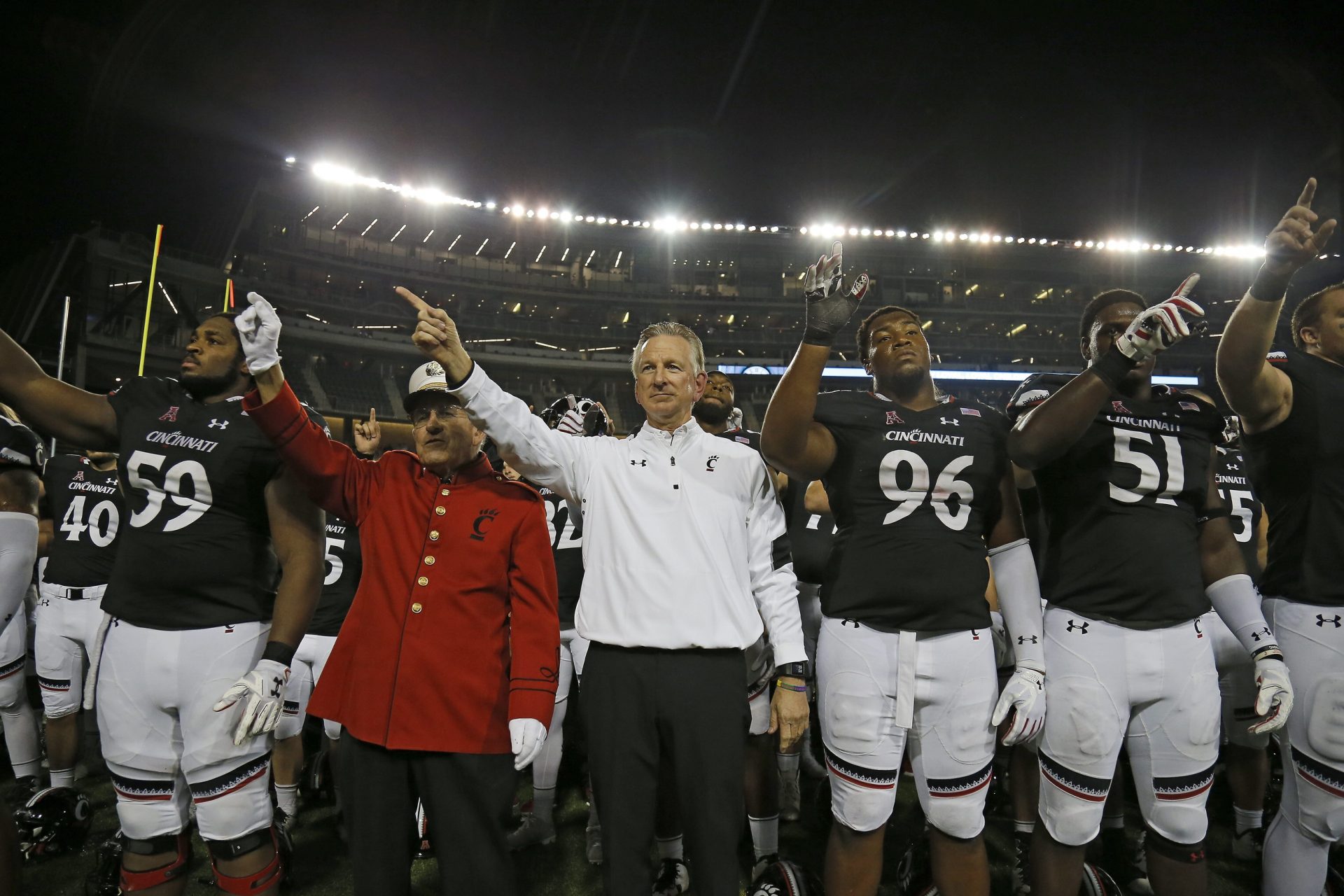The NCAA Eligibility Center is the first stop for all high school athletes dreaming of competing in college sports. Previously known as the NCAA Clearinghouse, this organization ensures that student-athletes meet the academic and amateurism standards required to compete at NCAA Division I or II schools.
Over 180,000 athletes register annually, making registration essential for those aiming to secure athletic scholarships or play at the collegiate level. Keep reading to learn everything you need to know about the NCAA Eligibility Center and why registration is necessary.

What Is The NCAA Eligibility Center And What Does It Do?
The NCAA Eligibility Center, established to standardize eligibility evaluations, reviews two key areas: academic preparedness and amateurism status. For Division I and II athletes, meeting these standards is non-negotiable for practicing, competing, or receiving athletic scholarships.
Want to compete in #collegesports? Follow this timeline to plan out your high school years and meet @NCAA initial-eligibility requirements.
🔗 https://t.co/WbKsgMViIt pic.twitter.com/IZvvdZ06nv
— NCAA Eligibility Center (@ncaaec) May 19, 2025
The Center evaluates high school transcripts to confirm completion of 16 NCAA-approved core courses, such as English, math, and science, with a minimum GPA (2.3 for Division I, 2.2 for Division II). It also verifies amateurism, ensuring athletes haven’t received improper benefits like prize money or professional contracts.
Registration isn’t required for Division III, which lacks NCAA-mandated academic eligibility rules, but is mandatory for Division I and II aspirants. Without clearance, athletes risk being sidelined, unable to compete, or unable to secure scholarships. In 2024, the NCAA processed over 76,000 certifications for Division I and II athletes.
Why Does Registration Matter?
The registration process assigns each athlete a unique NCAA ID number, which coaches and compliance offices use to track eligibility. Registration ensures that athletes are academically and athletically eligible, protecting their ability to compete from day one.
How to Register: A Step-by-Step Guide
The registration process is pretty straightforward. Here’s how recruits can get started, based on guidance from the NCAA and resources like NCSA Sports:
- Choose the Right Account: Athletes confident in pursuing Division I or II should create a Certification Account ($100 for U.S./Canada students, $160 for international students). Fee waivers are available for students in federal free lunch programs.
- Register Early: The NCAA recommends registering by the end of the sophomore year to avoid last-minute delays. The process takes 15-30 minutes and requires a valid email, educational history, and sports participation details.
- Submit Transcripts: Athletes must have official high school transcripts sent to the NCAA (P.O. Box 7136, Indianapolis, IN 46207). Counselors upload these via the NCAA’s High School Portal, ensuring all schools attended are included.
- Complete the Amateurism Questionnaire: This form details sports participation, including any events, teams, or expenses covered by non-family members.
- Request Final Certification: After April 1 of senior year (or October 1 for early graduates), athletes must request final amateurism certification. A final transcript with proof of graduation is required.
To compete in Division I or II, athletes must complete 16 core courses (10 before senior year for Division I) and meet GPA thresholds. Since January 2023, standardized test scores (SAT/ACT) have not been required for eligibility, though some colleges may still request them for admission.
KEEP READING: ‘It’s Unjust and Cruel’ — Calls Mount Against the NCAA After Athletes Were Denied Eligibility Without Resources
Amateurism rules prohibit accepting salaries, signing professional contracts, or accepting money for athletic fame before enrollment. However, NIL endorsement deals are permitted if they align with NCAA guidelines. International athletes, like those on F-1 visas, must seek guidance to avoid visa violations through unauthorized NIL activities.
College Sports Network has you covered with the latest news, analysis, insights, and trending stories in college football, men’s college basketball, women’s college basketball, and college baseball!

